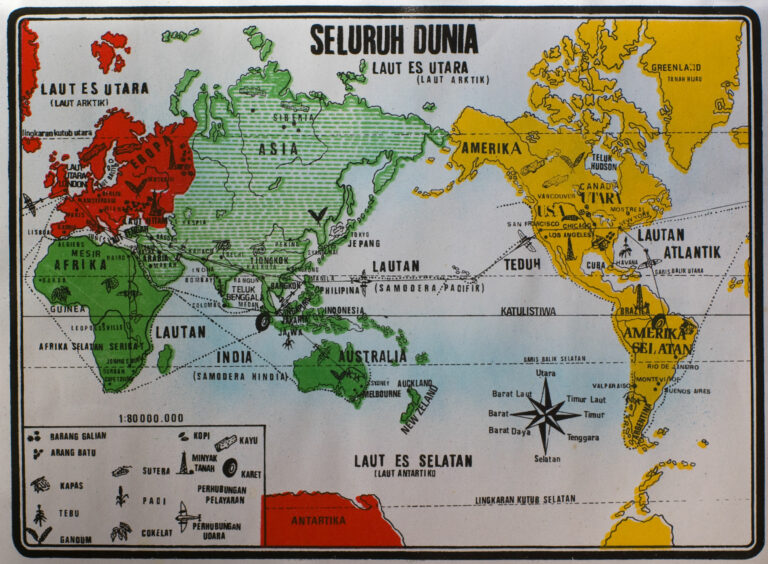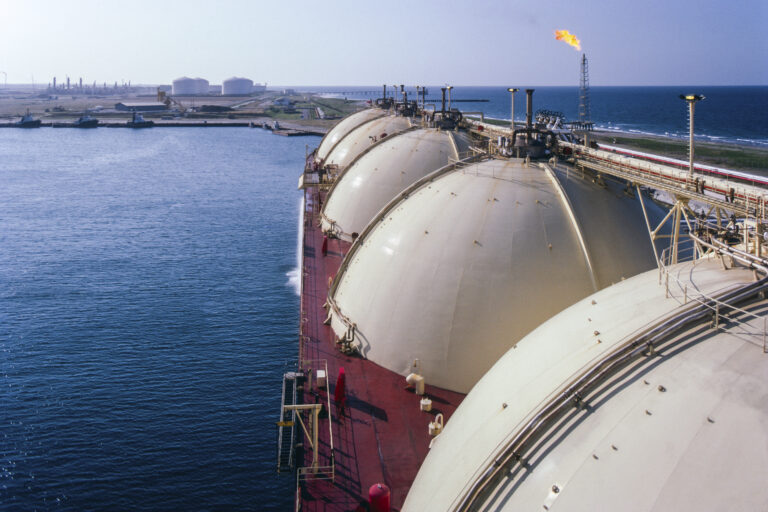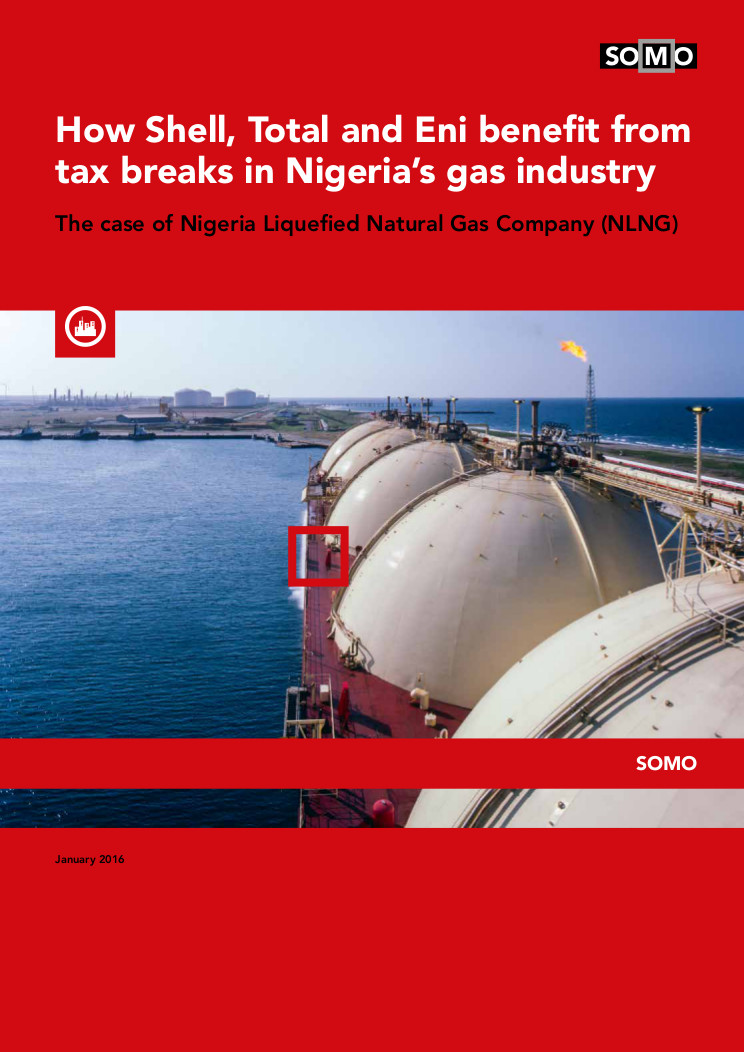
Bend or break
How Shell used an international investment treaty to browbeat Nigeria into a lucrative deal on OPL 245 oil field
This report shows that an investment treaty between the Netherlands and Nigeria enabled Shell to put pressure on the Nigerian government to acquire a large offshore oil field called OPL 245 under extremely favourable conditions.
Dutch and Italian prosecutors suspect the deal involved bribes. The company’s internal emails show that Shell actively used its investment claim to increase pressure to come to a favourable agreement: Shell was expecting no real gains from winning the arbitration case, but gambled on the fact that Nigeria, afraid of an “embarrassing outcome”, could be persuaded to come to a favourable agreement. Shell’s CEO at the time, Jeroen van der Veer, used the threat of an investment claim in direct communications with the Nigerian president.
To keep the pressure on until the very last moment, Shell waited until the deal on OPL 245 was signed before retracting its investment claim. The OPL 245 case demonstrates how, in disputes, Shell is not above making opportunistic use of its complex corporate structure. In various court cases where Shell was being held liable for corporate abuses in Nigeria, Shell was quick to distance itself from its Nigerian subsidiaries. By contrast, in the OPL 245 case, Shell chose to expressly highlight these links in order to secure its corporate interests. Calculated projections indicate that the terms of the agreement on the exploitation of OPL 245 that was reached under the pressure of the investment claim are costing Nigeria billions in lost oil tax income.
Do you need more information?
-

Bart-Jaap Verbeek
Researcher
Partners
Publication
Related content
-
ISDS reform: The need for a substantive overhaul to investment protectionPosted in category:Opinion
 Bart-Jaap VerbeekPublished on:
Bart-Jaap VerbeekPublished on: Bart-Jaap Verbeek
Bart-Jaap Verbeek -
The EU-Indonesia CEPA negotiations Published on:Roeline KnottnerusPosted in category:PublicationRoeline Knottnerus

-
 Rethinking Bilateral Investment Treaties – critical issues and policy choicesPosted in category:NewsPublished on:
Rethinking Bilateral Investment Treaties – critical issues and policy choicesPosted in category:NewsPublished on: -
 First-ever OECD complaint on tax avoidance filed against Chevron’s shell companiesPosted in category:NewsPublished on:
First-ever OECD complaint on tax avoidance filed against Chevron’s shell companiesPosted in category:NewsPublished on: -
 ActionAid and SOMO reveal billion dollar tax break benefiting Shell, Total and EniPosted in category:NewsPublished on:
ActionAid and SOMO reveal billion dollar tax break benefiting Shell, Total and EniPosted in category:NewsPublished on: -
 Mark van DorpPosted in category:Publication
Mark van DorpPosted in category:Publication Mark van Dorp
Mark van Dorp

